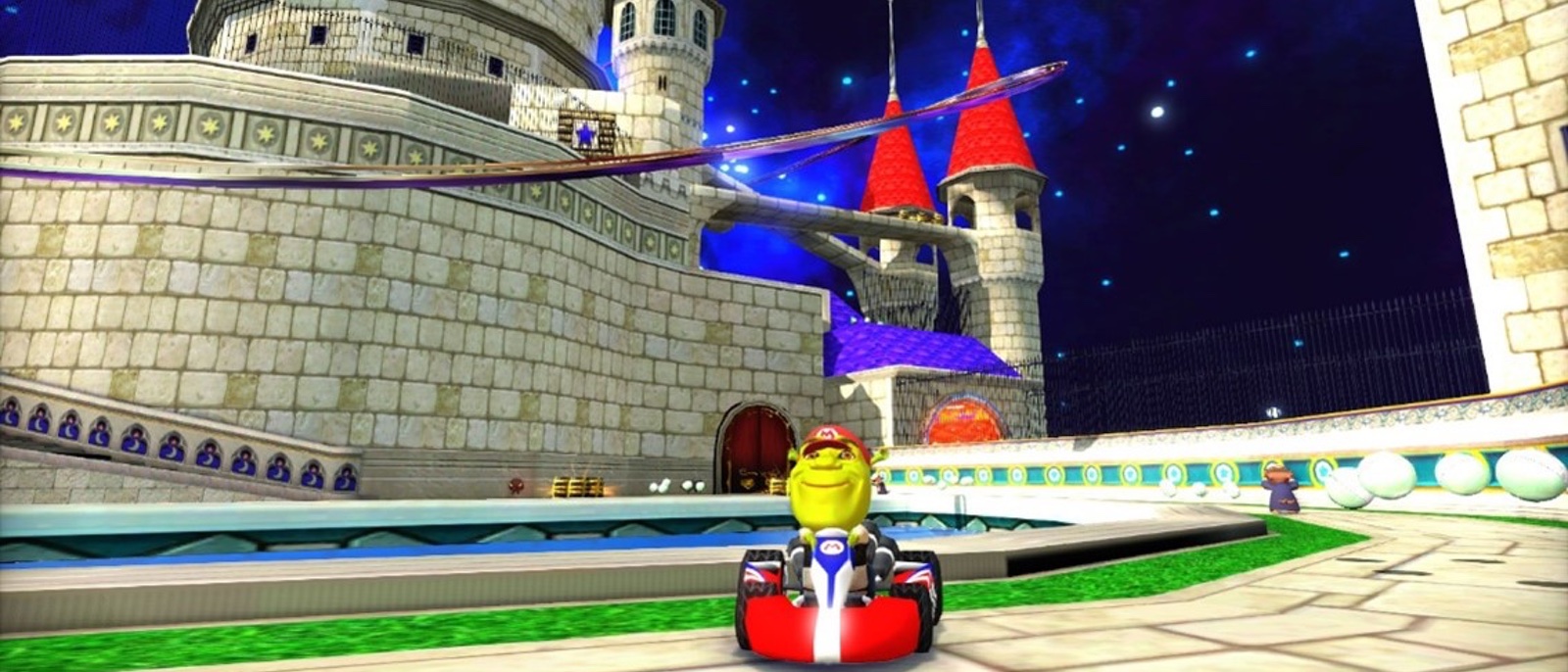Harrisburg, PA – The notable international journal Transformative Works and Cultures has published an original research paper co-authored by Greg Loring-Albright, PhD, Assistant Professor of Interactive Media at Harrisburg University of Science and Technology (HU), and Matt Griffin, PhD, a recent graduate of the University of Iowa Media History and Culture program.
The paper is entitled, “Platforming the past: Nostalgia, video games, and A Hat in Time.” Research into human nostalgia reveals that media texts promote “ideological visions of the past.” To study the ways in which interactive media can create a “nostalgic construction of values in a contemporary, postmodern, convergence-culture context,” Griffin and Loring-Albright used a 2017 3D platforming game called A Hat in Time as a case study. Through carefully constructed marketing and in-game text, as well as efforts by fans to create libraries of game modifications fueled by remembrance of past games, the game has become a repository for “communal, customizable nostalgia.”
A Hat in Time has, in the authors’ words, transitioned from “simulacrum to simulation.” Because of the culture of nostalgia that has permeated the game’s community, from libraries of modifications available on Steam to dedicated servers on Discord, the study’s authors argue that nostalgia and the associated creative and collaborative ventures, has taken A Hat in Time out of the realm of static “text” and into the realm of “platform.” Through nostalgia-fueled creation and iteration, the game’s fan community has created a rich collection of references and homages to past platforming games, such as “Crash Bandicoot” and “Donkey Kong 64.” Fans and critics alike have intermittently declared the platforming genre “dead” since the mid-2000s, but this kind of nostalgia-informed creation is giving it new life.
“Matt, my former grad school colleague, invited me to lend my expertise to this project,” said Professor Loring-Albright. “Matt is an excellent scholar of fandoms and media, and he wanted me to bring my experience with Game Studies and Platform Studies.”
“This project started from my nostalgic love of 3D platformers, which were very popular in the 1990s and early 2000s,” said Dr. Griffin. “I noticed that more recent 3D platformer games were made with those older entries in mind. 2010s games like A Hat in Time build upon the mechanics of 1990s games like Super Mario 64. Then, fans take this a step further by modifying those newer games to reference their predecessors more directly.
“Through fan-made modifications, even more aspects of Mario games and other media products, such as films, can appear in games like A Hat in Time. It feels like a very postmodern phenomenon: an homage to a pre-existing object continually remixing aspects of that object while still being its own unique text. Online fan conversations about these changes were rich sources of data for understanding what nostalgia means to people.
For his part, Professor Albright admits that he’s quite terrible at playing 3D platforming games – a fact his students will confirm – but the concept of a game that serves as a platform for creating homages to “dead” videogame sub-genres has appeal. “This research fleshed out a theory of nostalgia and a critical take on Platform Studies that’s similar to the one that I use in my own dissertation,” said Professor Loring-Albright, “with the broader ongoing work around nostalgia in Fan Studies.”
The pair notes that nostalgia can be – and has been studied as – a potentially toxic force within the gaming industry. Gamers will sometimes “review bomb” games and even game announcement trailers if they fail to live up to the community’s nostalgic expectations. To borrow a phrase from YouTuber Caleb Gamman, “gamers fall in love with marketing copy and hate videogames.”
“Nostalgia can be toxic. Have you seen fandoms online lately? It was really nice to shine a light on a fan culture where nostalgia has fueled a creative boom among game modders looking to relive the games that were important to them in their youth,” said Loring-Albright. Indeed – the positive implications of nostalgia are being catalogued in real time by the scientific community. Nostalgia may positively impact “short-term well-being” by drawing connections between the player and their family or friends.
Professor Loring-Albright continued, “Being published in Transformative Works and Cultures is such an honor – this is one of the premier journals in the discipline of Fan Studies. I first learned about this journal as an undergraduate while taking Dr. Bob Rehak’s Fan Studies class at Swarthmore College. Fan Studies provides a way to flip the script from focusing on authors and texts to focusing on what people do with those texts, giving special attention to outsider and marginal perspectives.”
Students at HU can learn more about this research from Dr. Loring-Albright in the bachelor’s degree in Game Design which kicks off fall 2024.
ABOUT HARRISBURG UNIVERSITY
Harrisburg University is accredited by the Middle States Commission on Higher Education and is a private, nonprofit university offering bachelor’s and graduate degree programs in the fields of science, technology, and mathematics. For additional information about the University’s affordable, demand-driven undergraduate and graduate programs, please call 717-901-5146 or email Connect@HarrisburgU.edu. Stay updated by following Harrisburg University on X, LinkedIn, Instagram, and Facebook.
